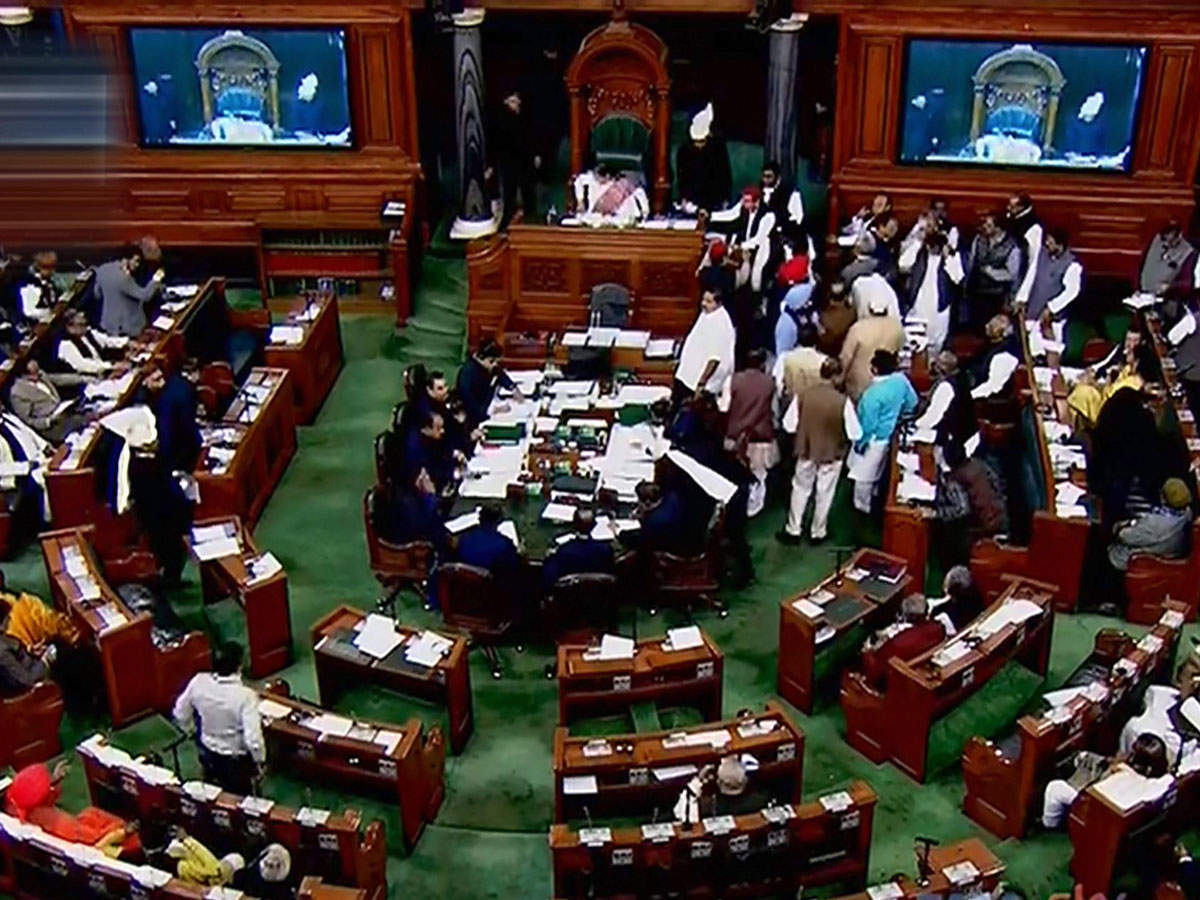Even after three years and seven months, the current Lok Sabha has not elected a Deputy Speaker, and the non-election has reached the Supreme Court, which has reportedly sent a notice to the Union government; historically, a Deputy Speaker is as important as the Speaker of the House.

What is the procedure?
- The Lok Sabha has two presiding officers, the Speaker and the Deputy Speaker, both of whom are elected by the members of the House.
- Article 93 of the Constitution: According to Article 93 of the Constitution, these two presiding officers are elected one after the other as soon as the House meets after the election.
- Electing the Speaker and Deputy Speaker: So far, the Speaker has been elected after the oath-taking ceremony. The Deputy Speaker is then elected within a few days.
Deputy Speaker of the Lok Sabha’s Office
- The Deputy Speaker of the Lok Sabha is responsible for the Lok Sabha and is not subordinate to the Speaker of the Lok Sabha. and He/she is the Lok Sabha’s second-highest-ranking legislative officer.
- In the event of the Speaker of the Lok Sabha’s death or illness, he or she serves as the presiding officer.
The Office’s Historical Importance
- The history of the office of Deputy Speaker dates back to the Government of India Act of 1919, when he was known as Deputy President because the Speaker was known as the president of the central legislative assembly.
- Although the main functions of a Deputy Speaker were to preside over the assembly sittings in the absence of the Speaker and chair the select committees, etc., the position was considered necessary to share the responsibility of running the House with the Speaker and guide the nascent committees.
Importance of the Office
- Powers under Article 95(1) of the Constitution: When the Speaker’s office is vacant, the Deputy Speaker assumes all of the Speaker’s powers, including the authority to decide petitions relating to disqualification under the 10th Schedule of the Constitution.
- The Speaker has no authority to revise or overturn the Deputy Speaker’s decisions. A ruling made by the Deputy Speaker is not appealable to the Speaker.
@the end
Although the Deputy Speaker has these powers only when the Speaker is absent, his decisions are final and binding when he issues a ruling. If the Speaker is absent for an extended period of time due to illness or otherwise, the government will have to deal with the unpredictability of a ruling or an adverse decision by a Deputy Speaker from the Opposition ranks. Article 93 contains a mandatory provision that the House must follow.
Source: https://indianexpress.com/article/explained/explained-law/the-missing-dy-speaker-the-post-and-what-the-constitution-says-8445357/
